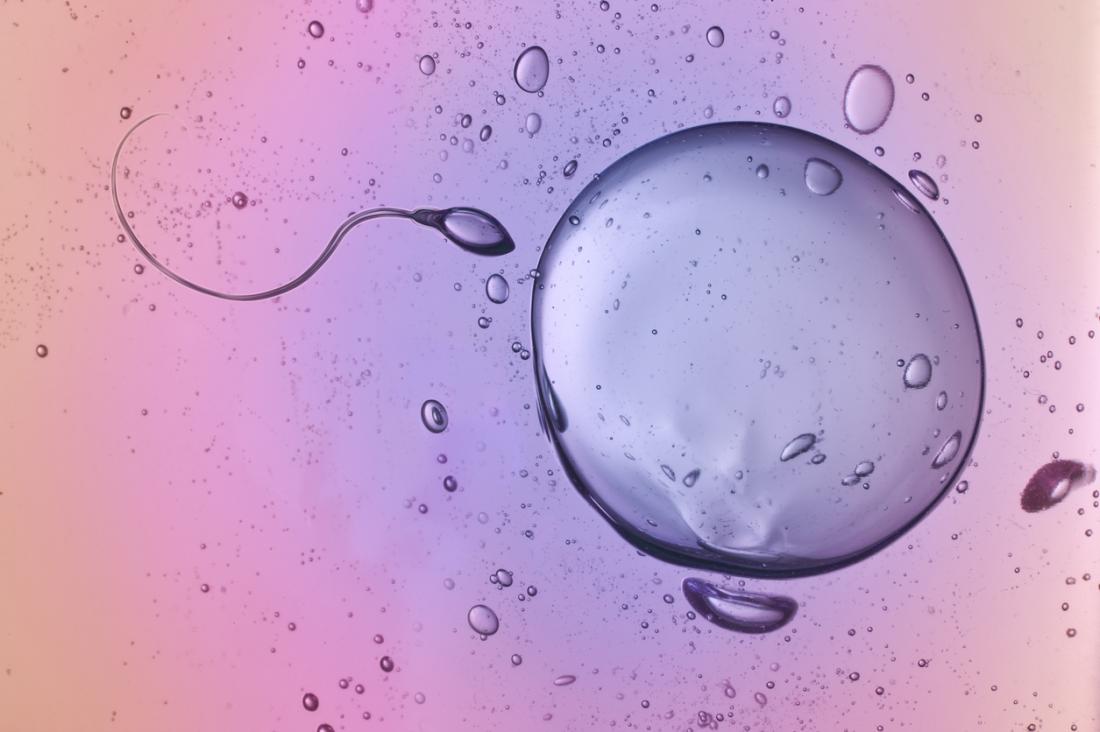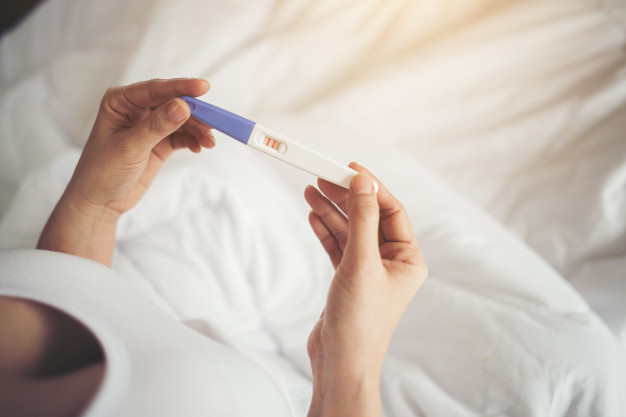The discharge of an egg from a woman’s ovary into her fallopian tube is called ovulation. It usually occurs 13–15 days before the onset of each menstrual cycle.
Ovulation happens typically in the middle of a woman’s menstrual cycle, though the exact period varies widely from one woman to another. It happens 14.6 days following the first day of menstruation on average. The majority of women ovulate between 8 and 21 days after the start of their period. The follicle ruptures and the egg moves down the Fallopian tubes to the uterus. When the egg moves down to the fallopian tube, the egg stays there for 12 hours to 24 hours, where the sperm can fertilize the egg.
The hypothalamus is an area of the brain that regulates ovulation and hormone release during the menstrual cycle. The hypothalamus transmits signals to the anterior lobe – pituitary gland, urging them to secrete luteinizing hormone and follicle-stimulating hormone, respectively (FSH).
Ovulation is the outcome of the woman’s body’s periodic hormonal changes post-puberty. The most fertile time of the menstrual cycle is ovulation. As a result, if a woman has sexual intercourse in the days leading up to ovulation, she is more likely to conceive.
So, if a woman wants to get pregnant, then it will be advisable to try to conceive when she is ovulating for fast fertilization leading to pregnancy. To know if a woman is ovulating, she can constantly track her period cycles, download certain period tracker apps, or even buy ovulation sticks that give the results whether you are ovulating or not. Many brands sell such kinds of test sticks and kits in the market. But other than that, a woman’s body also sends various signals indicating ovulation.
Here are some of the signs for ovulation –
- Track your calendar – The best way to know whether you are ovulating or not is to track your periods. For example, on day 14, women with a 28-day cycle are likely to ovulate. However, if you have a 32-day cycle, it will be closer to the 18th But if you have a very irregular period cycle, it may be hard for you to evaluate or calculate your ovulation dates or day.
- Vaginal Discharge – In most women, this can be one easy sign to recognize when you are ovulating. Your cervical mucus will become abundant, clear, and slippery as you draw closer to ovulation, similar to egg whites.
- Body temperature – Body temperatures also help determine the hormonal changes and ovulation in the body. Such as when ovulation happens, your body temperature may increase. When you record the most increase – it is the time when you approach ovulation. But you need to check your body temperature pretty much every day not to miss the most hike day.
- Cervical position – When a woman ovulates, her cervix undergoes numerous modifications. During ovulation, the cervix will be soft, high, open, and wet. It will take some time for most women to be able to tell the difference between how their cervix feels regularly and how it feels during ovulation.
- Pain – Many women experience ovulation pain. It may be a sharp pain in the lower abdomen. If this type of pain occurs mid-cycle, then this can be ovulation pain.
- Other signs of ovulation can be light spotting, cramps, breast tenderness, bloating, increased sense of taste and smell, etc.
These were some of the signs of ovulation. But the best method is to buy test kits which are less work and may give efficient results.
![]()









